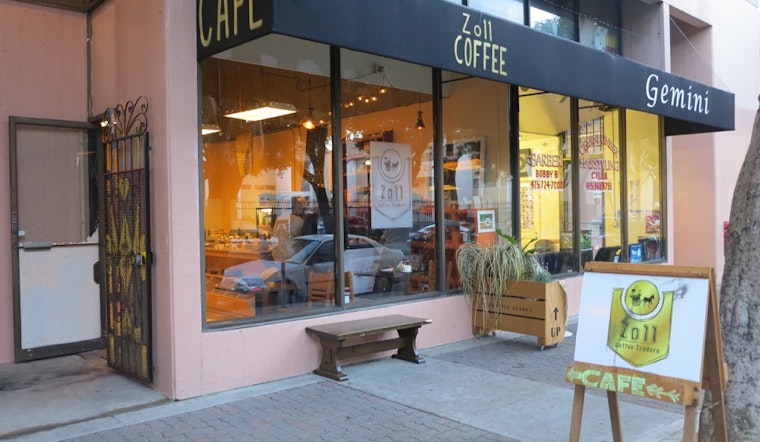
Alex Assefa opened up shop at 1035 Fillmore St. on September 12th of this year, an auspicious day for an Ethiopian coffee roaster, since it's also the day that country celebrates the new year.
Originally from Addis Ababa, Assefa moved to the U.S. about 15 years ago and met his wife, Belen Geberyeus (also Ethiopian), here in San Francisco. Together, the two decided to open up Z011 Coffee Traders to bring people an authentic taste of Ethiopian coffee culture.
"We started the business for the love of the coffee," Assefa told us. "We couldn't find the type of coffee we were used to in Addis Ababa. We noticed a growing interest in San Francisco, and we wanted to show people our point of view."
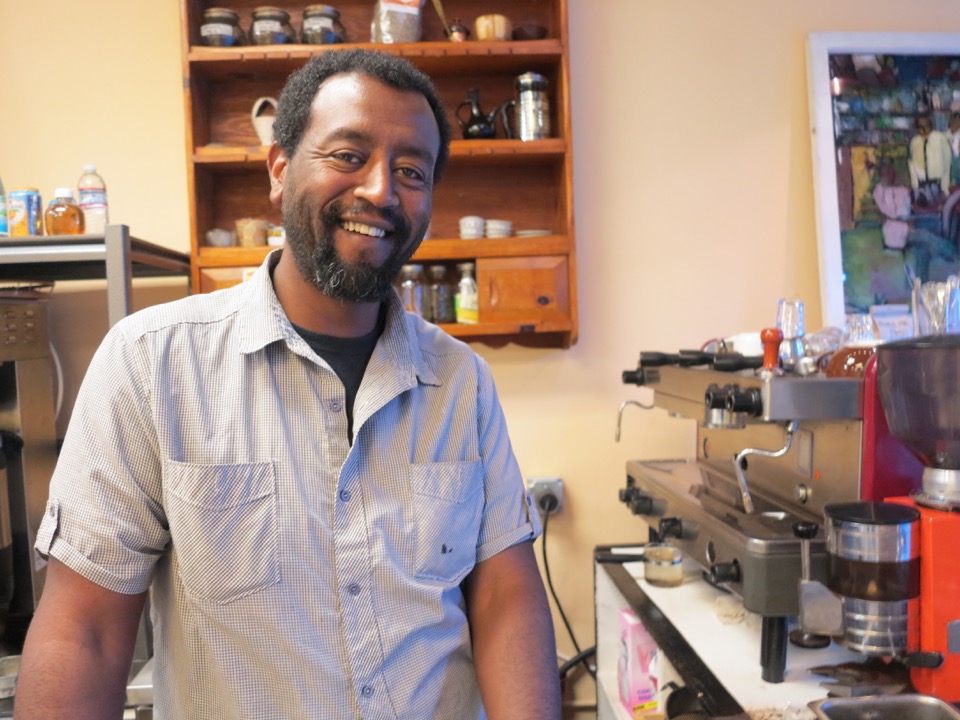
What sets Z011 (referring to the keys on a telephone, "zero one one", that you would dial to call out of the country) apart from most places that roast their own coffee is Assefa's focus on selling fresh, green coffee beans with the idea that folks will buy them in the store and learn to roast at home. "A lot of Ethiopians don't buy roasted beans. Coffee is a ritual thing. People buy the green beans and roast them at home. Our goal with this place is to encourage people to roast their own. It's not as difficult and complicated as people think," Assefa told us.
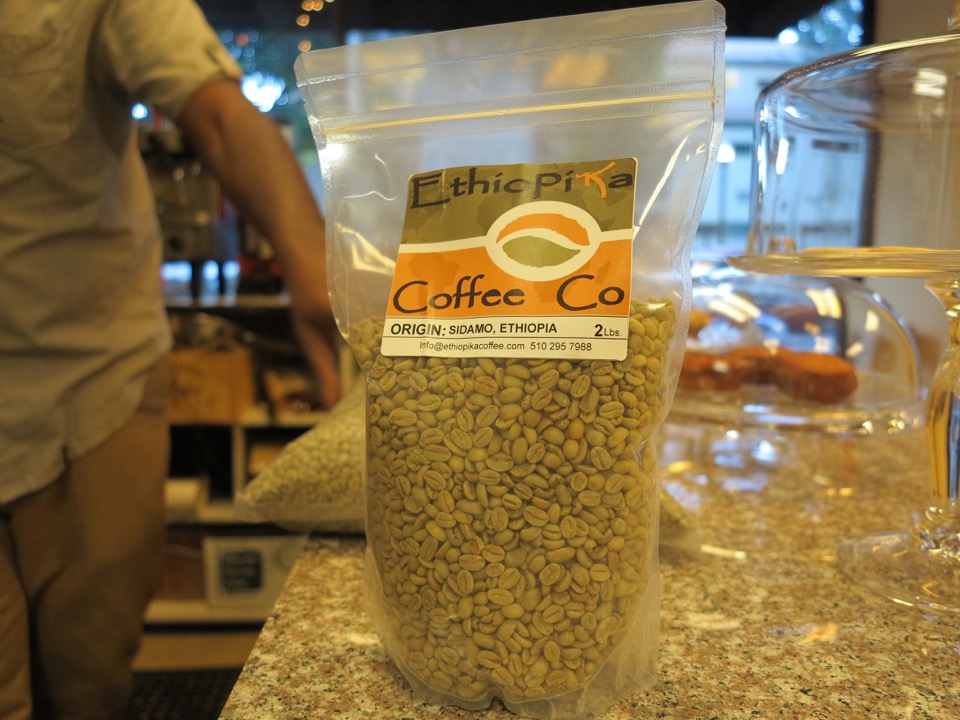
An eight-ounce bag of green coffee beans will run you between $6.50 and $7.50, and Assefa is happy to help customers with the instructions on the back of the bag. According to him, buyers need no additional equipment beyond common items they can find in their own kitchen (i.e. a metal pot). He and his wife are also happy to roast beans to order right there in the shop.
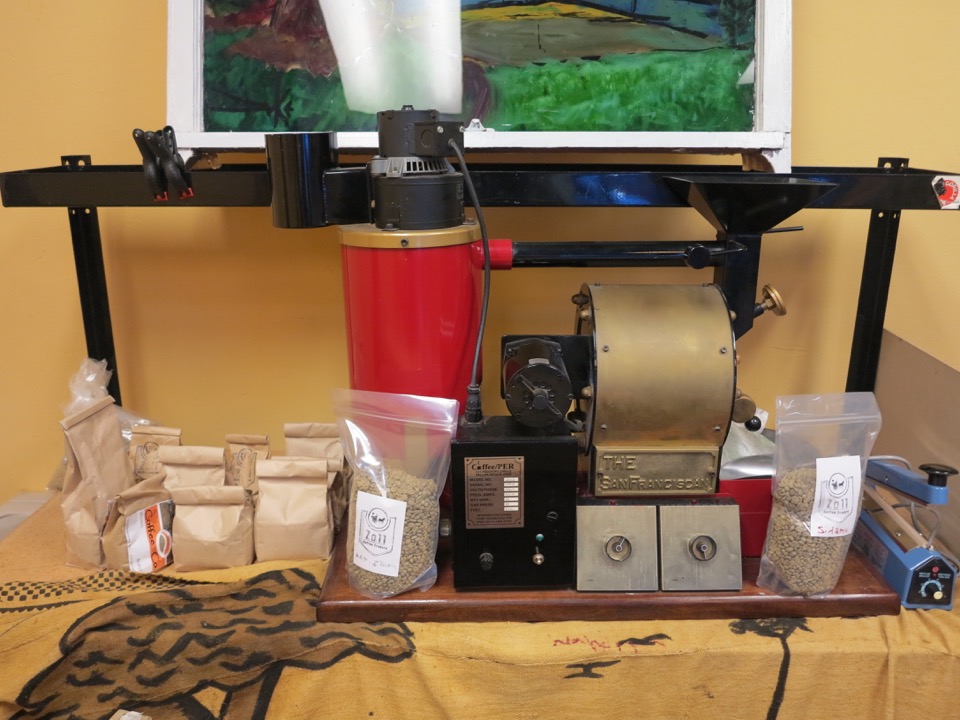
Of course, Assefa also sells coffee drinks by the cup for customers seeking a more immediate fix. He has a background in roasting for independent wholesalers and has honed his craft throughout his life. He roasts all the beans himself by way of a meticulous process that includes a "profiling" phase, where he tries various durations and temperatures while roasting, and a cupping phase where he tastes brews from each of the different samples. The result is a fresh supply of beans, roasted to the particular elements of a given shipment from places like Ethiopia, Chiapas, and Colombia.
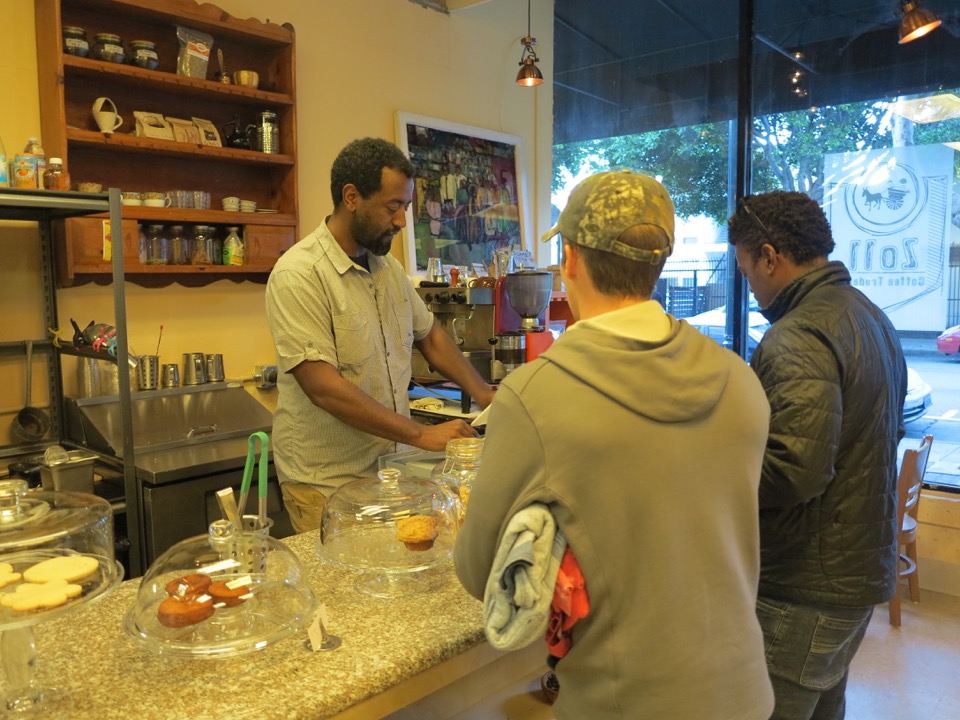
Assefa stresses the Ethiopian social ritual of roasting coffee in one's own home, and hopes that his business will help it catch on in San Francisco. "We know where the best coffee beans come from, and we want to provide people that and show them how to do it on their own. Coffee is a very subjective thing. We don't want to tell people that they should like this or like that. We want to sell people the green beans, and give them the direction to do it on their own," he told us. He added,"my mother always said that no self-respecting Ethiopian buys roasted coffee beans."
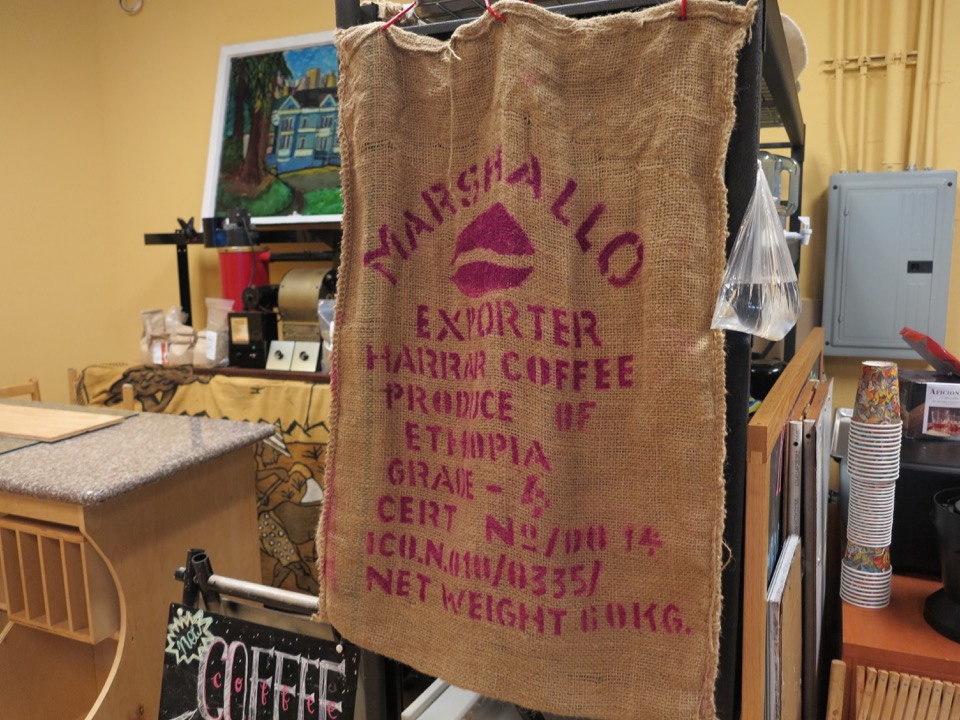
Looking to the future, Assefa hopes to build out his space to accommodate more in-house roasting demonstrations and offer more varieties of beans. In fact, it's currently the harvest season, and he expects to carry beans from Yemen, Kenya and more types from Ethiopia within the next few weeks.
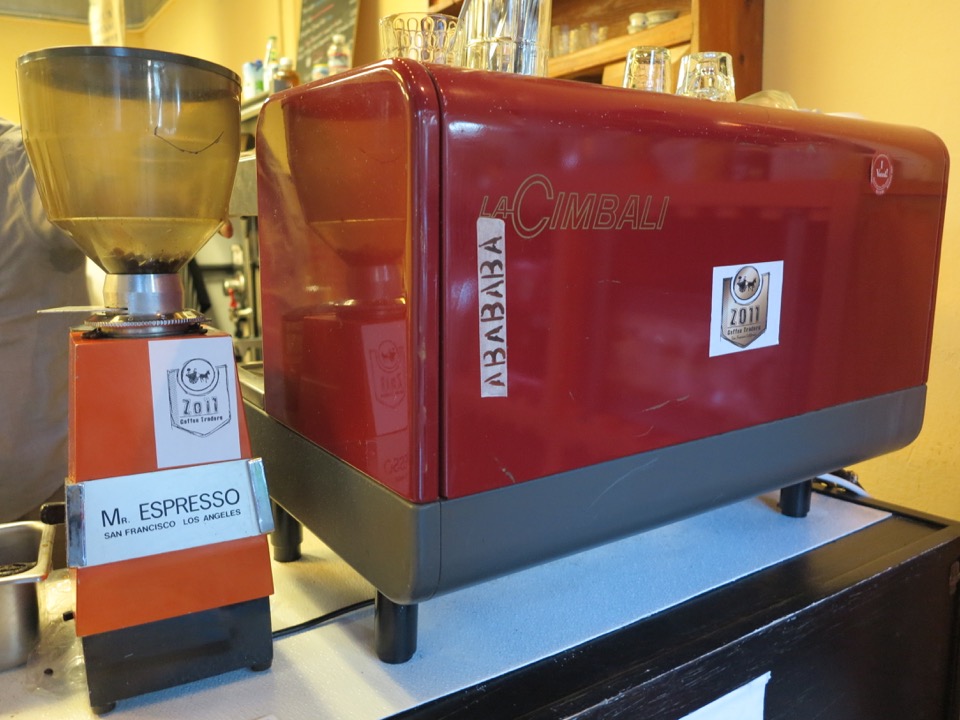
For Assefa, opening the shop is something very personal and deeply connected to his Ethiopian roots. The La Cimbali espresso machine he uses took six months to restore and he told us that it's the exact model one might find in the Addis Ababa coffee shops he hopes to emulate.
"Coffee is all about memories for me," he said. "Being around my great grandmother while she was roasting beans ... I can remember it throughout my whole life. Everything I remember is infused with the aroma of coffee."


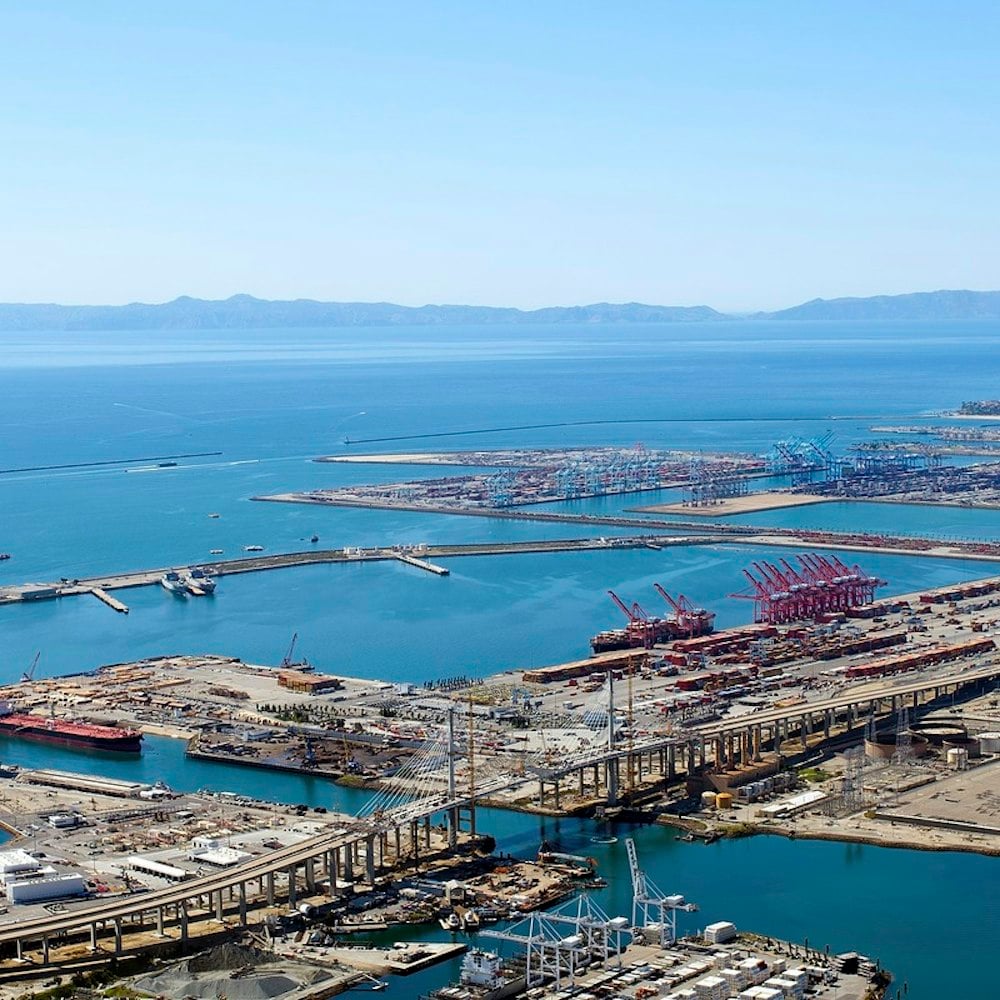

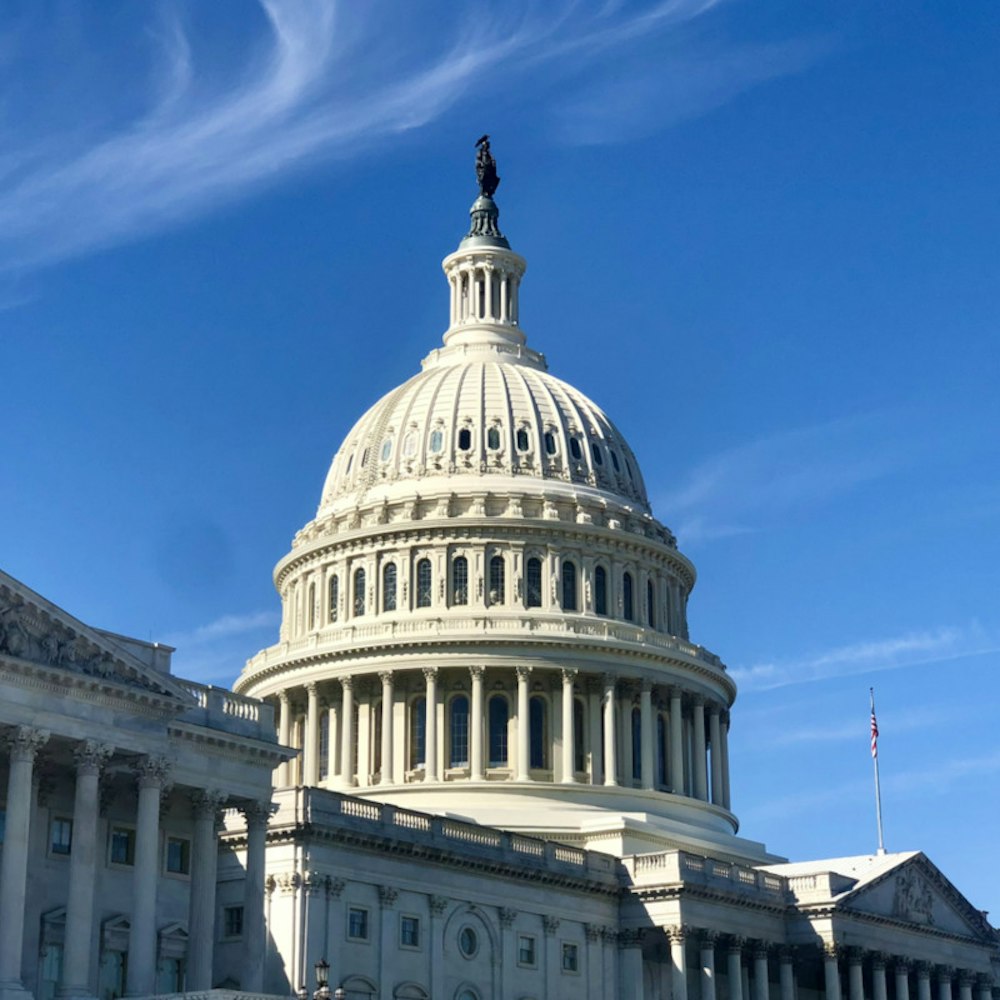
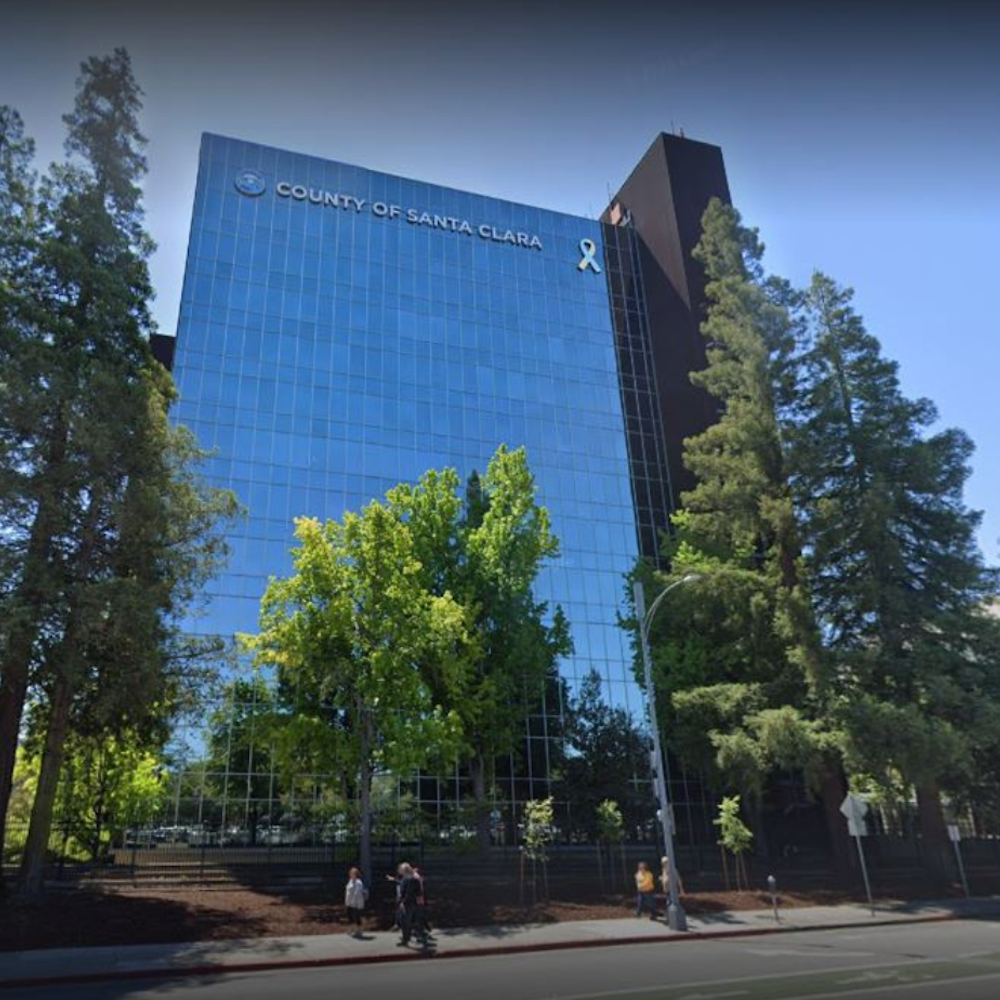
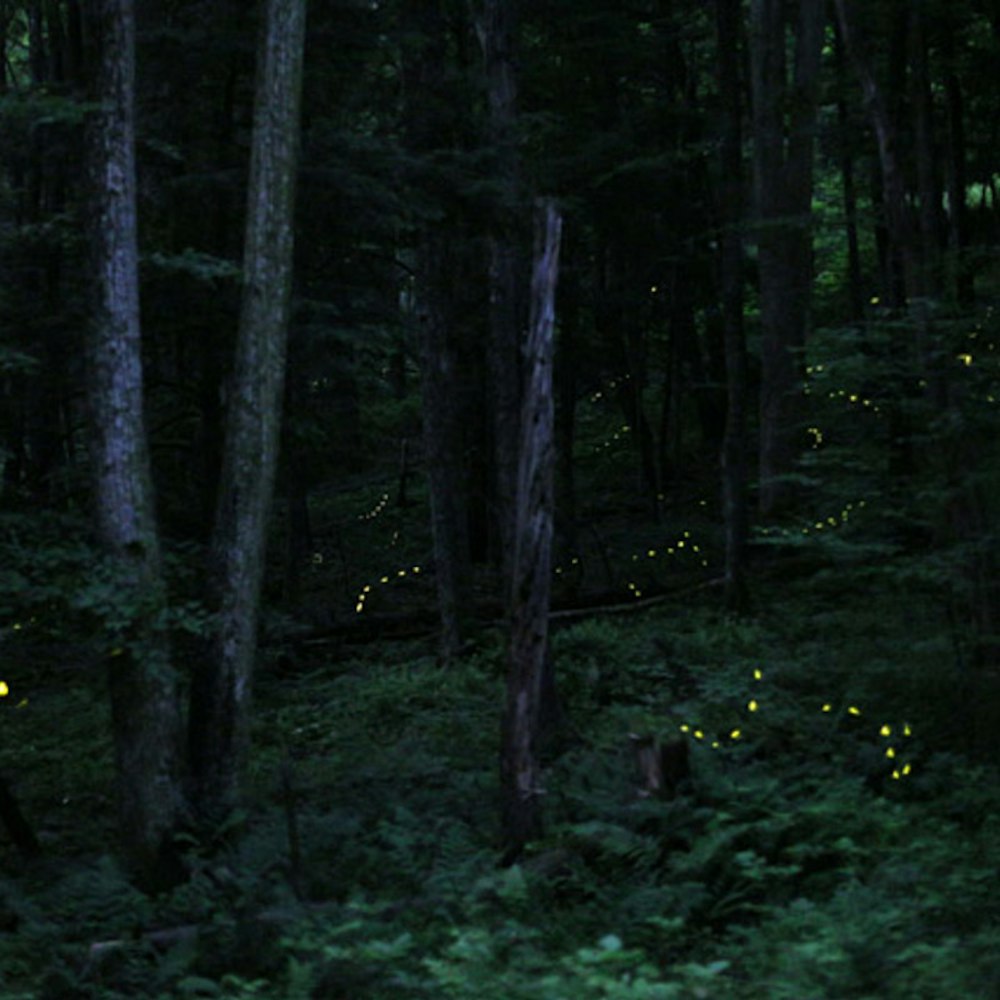
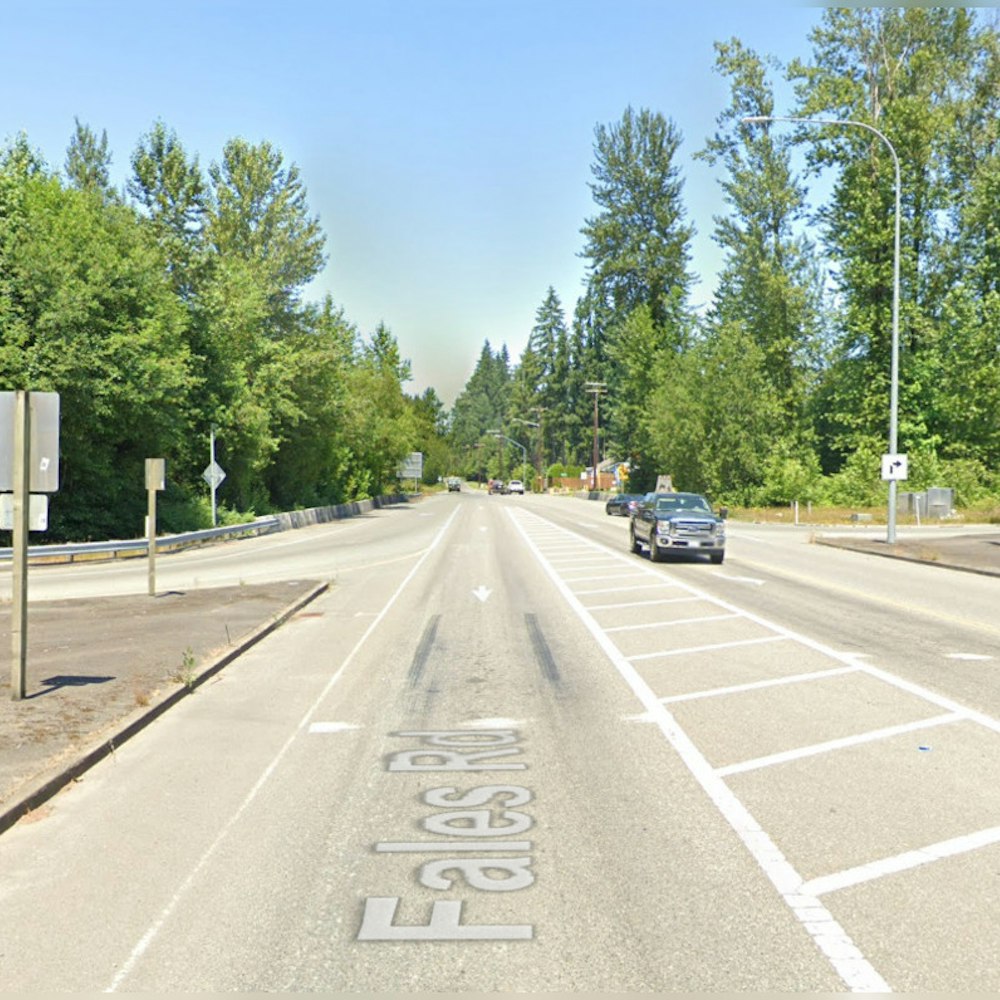
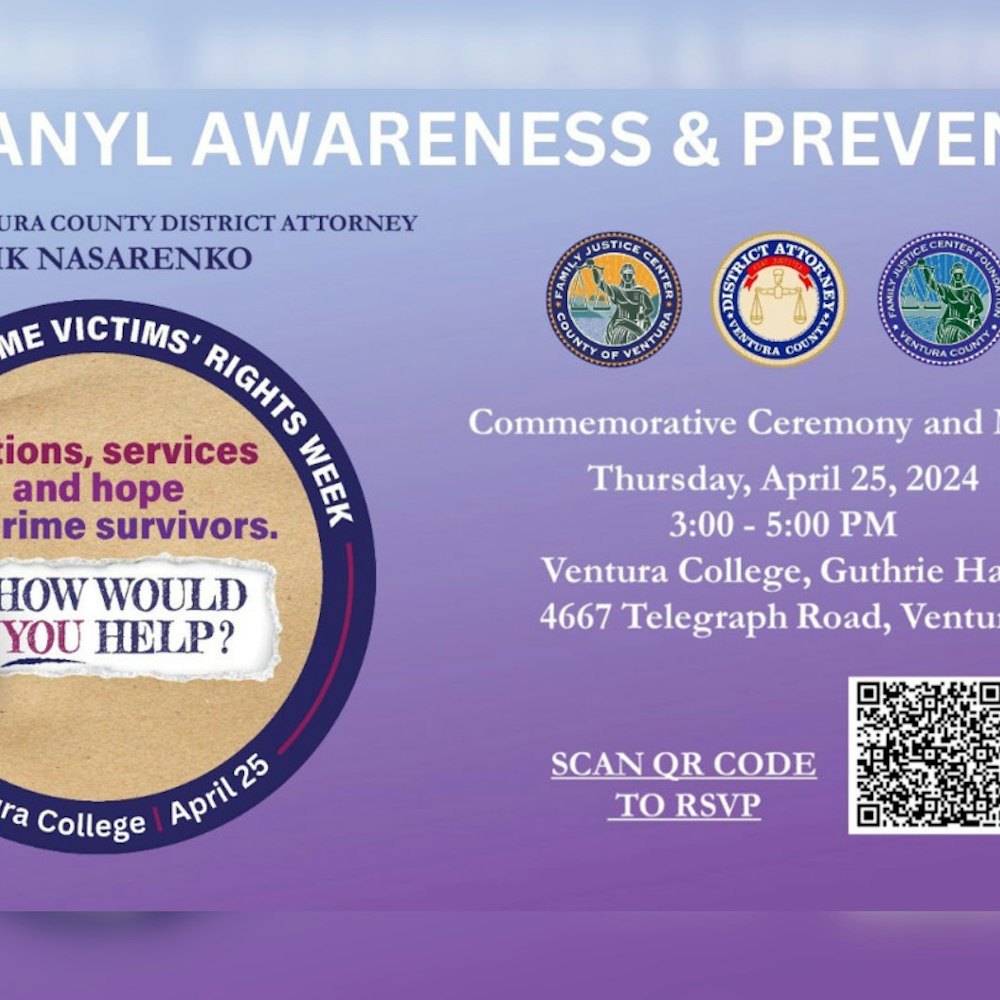
-1.webp?w=1000&h=1000&fit=crop&crop:edges)